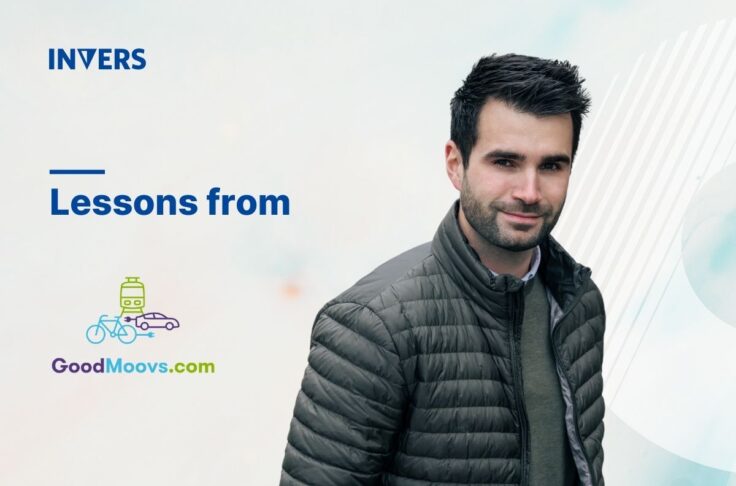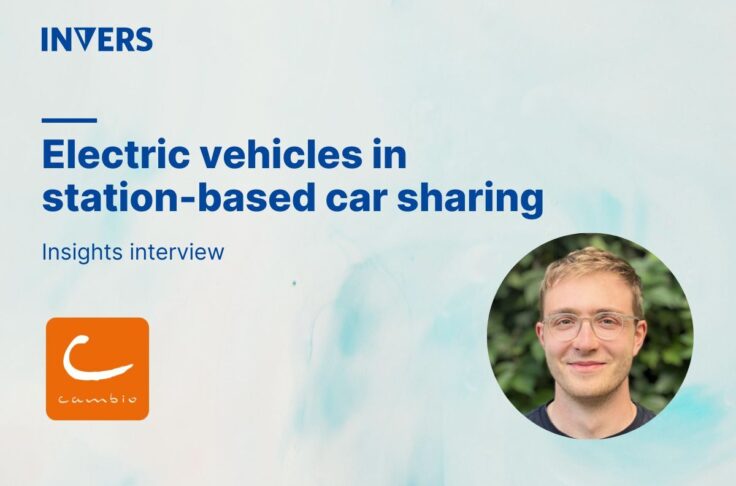MOVE Virtual – Panelists Interview
Summary
How do people make their way into managing the operations of moped sharing, carsharing, and ride-hailing services in Asia? Learn more about these journeys and what continues to inspire these leaders in their day-to-day work.

People’s ability and willingness to move around the city has changed. COVID-19 has impacted what people choose as a safe way to get from A to B. We brought together the leading operators from across Asia to hear their thoughts on shared mobility in a post-pandemic future.
Introducing the panelists, from left to right:
- Mustafa Zaidi, CTO of SOCAR (Malaysia)
- Jay Cheng, Co-Founder and CTO of WeMo (Taiwan)
- Vivekananda Hallekere, Co-Founder and CEO of Bounce (India)
- Choong Luen Lien, General Manager, GoJek (Singapore)
We asked each panelist a few questions to get to know them a bit better before MOVE Virtual.
What inspires you to continue growing the shared mobility space?
Vivekananda Hallekere, Bounce:
“I always believed that true inclusivity come from empowerment. And the best empowerment is giving someone the power to earn a living. Mobility plays a great role in that process. Access to efficient, reliable, and affordable commute can greatly enhance one’s ability to participate in the economic process.
The most inspiring aspect of what I do comes from seeing a Bounce scooter helping a blue-collared worker earn a hundred rupees more because he saved a couple of hours commuting to his place of work. I know it might look a small amount, but it is a significant percentage of his daily income and can go a long way in providing better quality of life to his family.”
What is the most challenging aspect you currently face?
Jay Cheng, WeMo:
“The investment landscape in Taiwan is definitely the most challenging for a startup like WeMo Scooter. It was hard to visualize what integrated smart green shared transportation was 5 years ago. Now Taiwan has benefited from millions of WeMo Scooter rides in 2019 and we are now looking to expand globally.
My interest is in creating a green shared mobility platform that can expand globally, not through disruption but instead enhancement, providing cities with not only a new form of transportation but deeper smart city integration.”
How do you think COVID-19 will impact shared mobility?
Choong Luen Lien, Gojek:
“Building new trust between businesses and consumers is key in the post-coronavirus era. While the majority of consumers will continue to use shared services such as ride-hailing, businesses that provide such services must reimagine a new normal, acquire user trust and confidence, and tweak their strategies to cater to customers in more age groups, such as the elderly.”
Mustafa Zaidi, SOCAR:
“How does a mobility company come out of this pandemic stronger? The entire SOCAR Malaysia team has worked to pivot and adjust to the new normal and build resilience in our business through new verticals and partnerships. On the one hand, shared mobility might take a hit from more private travel.
At the same time, it may be considered a safer form of travel than public transport, especially for those that are not able to afford their own private vehicle. We definitely see a place for shared mobility moving forward and we see indications that car usage in general has seen a spike as lockdowns have been eased around the world.”


